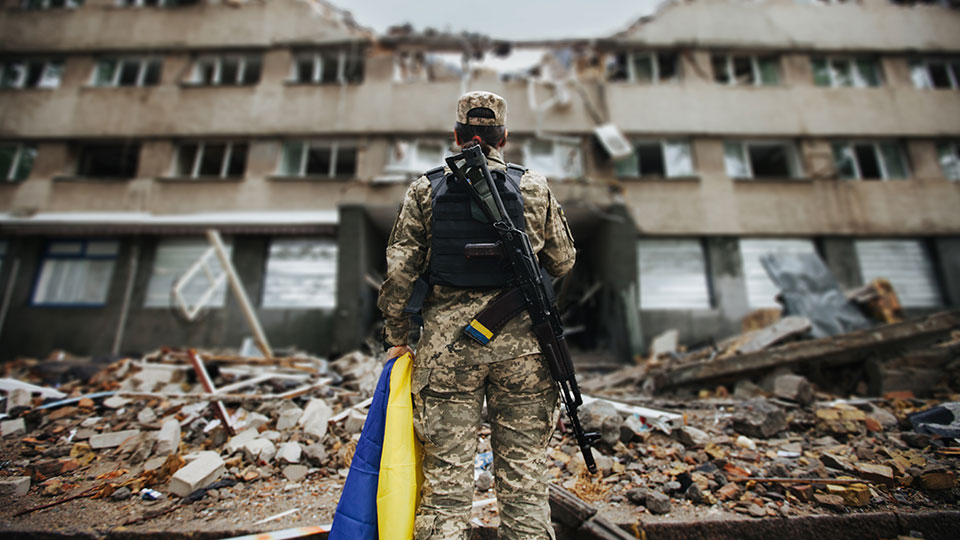
Convened by Professor John Downey (SSH) and Dr Ali Bilgic (SSH)
On 16th March, we will welcome two IAS Visiting Fellows from the Department of International Relations at Odesa I. I. Mechnikov National University (ONU) in Ukraine, Professor Olga Brusylovska and Dr Yuliia Tarasuik. The session will provide an opportunity to learn more about their research and to discuss future collaborations with ONU.
Our Fellows will also discuss papers as follows -
Professor Olga Brusylovska
Consequences of Russia’s Invasion to Ukraine: Internal and External Aspects
A prolonged war that has ravaged Europe’s largest country could radiate instability into the continent’s eastern and central regions. It could also prove to be the beginning of a series of crises between NATO and Russia. For the first time in decades, European security stands on the precipice. Internally, the consensus in Russia is that Ukraine is “really” part of Russia and that there is always benefit to Russian politicians in making claims on Ukraine and risk in accepting its independence. Externally, if Russia gains control of Ukraine or manages to destabilize it on a major scale, a new era for the United States and for Europe will begin. U.S. and European leaders would face the dual challenge of rethinking European security and of not being drawn into a larger war with Russia. All sides would also have to consider the potential of nuclear-armed adversaries in direct confrontation. These two responsibilities – robustly defending European peace and prudently avoiding military escalation with Russia – will not necessarily be compatible. Additionally, the neutrality imposed on Ukraine on the international level first of all would mean Russia’s ability to influence the situation in Ukraine much more than the EU.
Dr Yuliia Tarasiuk
Russian narratives in Turkish information space
The war in Ukraine has exposed fundamental Russian narratives and historically based propaganda issues in Turkish internal and foreign policy. Since more than the year after the beginning of the full-scale aggression of the Russian Federation against Ukraine, Turkey remains to be a country that considers maintaining partnership relations with Russia, also avoiding participating in the West's sanctions against it. At the same time Turkey is considered to be a strategic partner of Ukraine, doesn’t recognize the annexation of Crimea, has closed the Black Sea Straits, supplies drones and humanitarian aid to Ukraine, and initiates Russian-Ukrainian diplomatic dialogue. However, Russian propaganda has contributed to anti-Ukrainian and anti-American discourse in Turkey. The research asks how Russia has conducted propaganda through media and information campaigns in Turkey to influence to public opinion and to pursue its foreign policy goals related to war in Ukraine.
Lunch will be provided for those joining us in-person from 12:30, ahead of the talks starting from 1:30.
This event is hybrid format, please use the required booking button at the bottom of the page for either in-person or online.
(Please note that in-person spaces are limited and booking is required, so we can manage numbers for catering and also the space inside International House)
By booking a place at this event, attendees agree to behave in a respectful manner such that everyone feels comfortable contributing as they wish. The IAS reserves the right to eject anyone who does not abide by this policy.
IAS seminars are typically recorded, minus any Q&A sessions at the end, again to encourage contributions. The recordings are then uploaded to our website on a Fellows bio page and/or Programme page, along with our IAS YouTube Channel. If you are not able to attend a seminar live, please do still register as we will email everyone who registered to let them know once the recordings are made available.
Contact and booking details
- Email address
- ias@lboro.ac.uk
- Cost
- Free
- Booking required?
- Yes